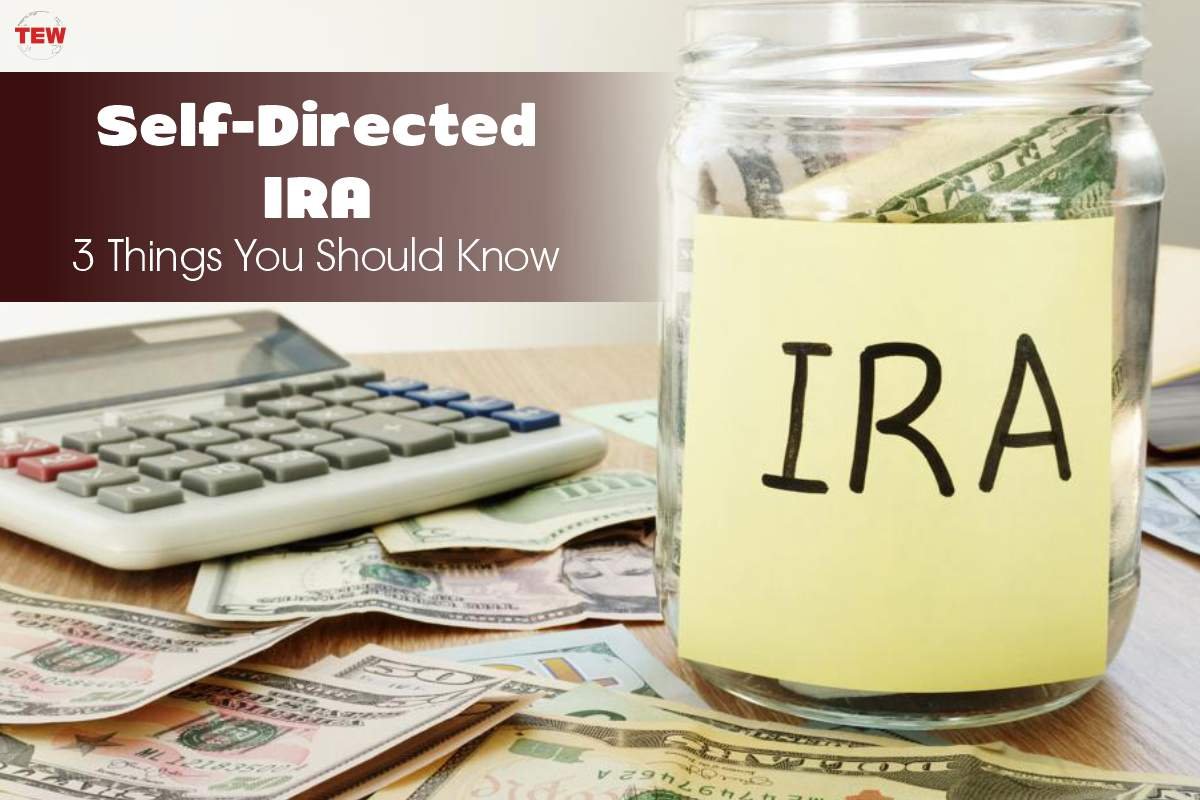A self-directed IRA is a tax-advantaged retirement account. These accounts allow for investments to be made using the funds available in the account. Reports suggest that there are almost half a million self-directed IRAs. The total figure is expected to grow in the years to come.
Other IRA accounts allow individuals to invest in traditional investments. Investments can be made into bonds or stocks. Investing in a self-directed IRA enables investors a wider choice of options.
For those interested in investing in a self-directed IRA, here are a few things to know before you get started.
1. Understand The Regulations
Be aware of the complex rules associated with different self-directed IRAs. Understand the advantages and disadvantages of the options available. Check to see what you can invest in and areas where your funds cannot be invested. Understand these limits to avoid disappointment.
Conduct your research into self-directed IRA options. Custodians are unable to provide investment or financial advice. Perform your due diligence as you oversee your account management. Seek support from financial advisors. Utilize their experience and knowledge to help you manage all of your investments.
2. Pick An Investment Type
Ensure to select the correct type of investment best suited for you. Notice how most self-directed IRA firms focus on a particular asset type. Look for custodians that concentrate on that market if you’re interested in real estate.
Find a provider that aligns with your investment goals. Choose the right one that will help you in setting up your account. Begin to contribute a percentage of your monthly income. Keep in mind some investment types are not permitted. Remember this when searching through options. It will help reduce disappointment after finding a preferred option.
3. Paying Fees On Time
Expect to receive a notification each year for updates on your account’s current value of assets. Use support available from experts such as IRAR Trust Company to report IRA FMV. Utilize the guides available to avoid making common errors that could cause you to underpay or overpay.
Information provided will be used to alter or assign the value of an asset. Provide the correct information to ensure proper tax reporting is sent to the Internal Revenue Service.
In Conclusion
Conduct thorough research before investing in a self-directed IRA. Compare different providers to open an account with. Select the choice most suited for you, with the best reviews from current trustees.
Take time with decision making to ensure you select the best option available. Investing in your retirement funds should take careful consideration. Find an option that will create a healthy amount for when you retire. Work with financial experts to assist you in investing.





